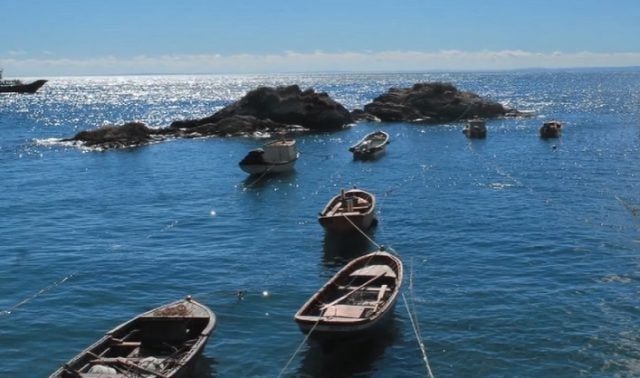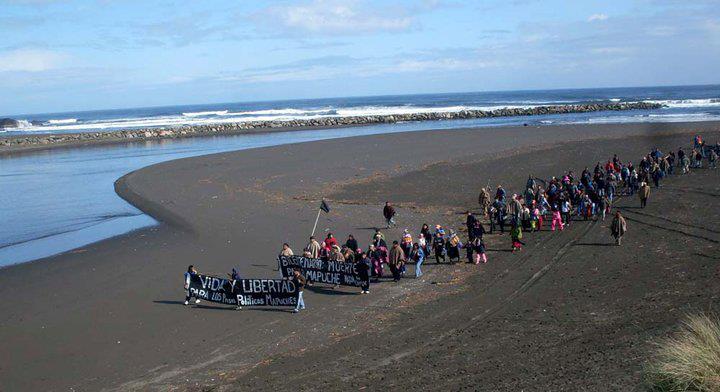Original article: Acusaciones sin sustento contra Ley Lafkenche: Confirman que no existe un solo caso documentado de infracciones en Espacios Costeros de PPOO
Salmon Industry Lobby and Racist Reform Project: Attempting to Undermine the Lafkenche Law with False Accusations
A post by the Marine Coastal Spaces Platform reveals background information dismantling the defamation campaign against the Indigenous Marine Coastal Spaces (ECMPO), orchestrated by political sectors aligned with the salmon industry. This campaign has been based on unfounded accusations of abuses and alleged illegal practices, which official data categorically disproves.
Law 20.249, known as the Lafkenche Law, is recognized as a landmark of global justice for indigenous peoples. Since its enactment in 2008, this legal framework has been protecting Indigenous Marine Coastal Spaces (ECMPO), ensuring ancestral rights over the sea, which is a fundamental support for their life and culture. Its implementation represents a commitment to historical reparations and the conservation of traditionally managed coastal ecosystems.
Currently, the law faces a legislative crusade aimed at reforming it. A group of lawmakers, with explicit backing from the salmon industry, alleges abuses in its application, such as the imposition of illegal tolls, blockades, and inappropriate profit by communities. However, a request for information made to Sernapesca in August 2025 reveals an incontrovertible truth: in 17 years of the law’s existence, there has not been a single formal complaint regarding misuse, nor a documented case supporting these violations.
This reformist zeal, therefore, lacks factual basis and is denounced as an orchestrated attack. While the Mapuche-Lafkenche communities are stigmatized as “barriers to progress,” the salmon industry, accused of contaminating fjords and evading environmental sanctions, emerges as the main driver of change. The contradiction is evident: only 78 out of 428 irregular salmon concessions have been revoked, contrasting sharply with the media and political persecution of indigenous peoples. Any reform conducted without proper Indigenous Consultation, as established in ILO Convention 169, would not only be illegal but would perpetuate historical dispossession.
Legislating based on rumors without evidence is classified as an act of irresponsibility and institutional racism. While the Lafkenche Law is not without flaws, it has proven effective in its core purpose: to protect without abuse. Defending its integrity is, in essence, defending cultural identity and truth against a powerful extractive lobby that reportedly fabricates false narratives to push for the privatization of the Chilean sea.
For the original post, check the Instagram profile of the Marine Coastal Spaces Platform.


